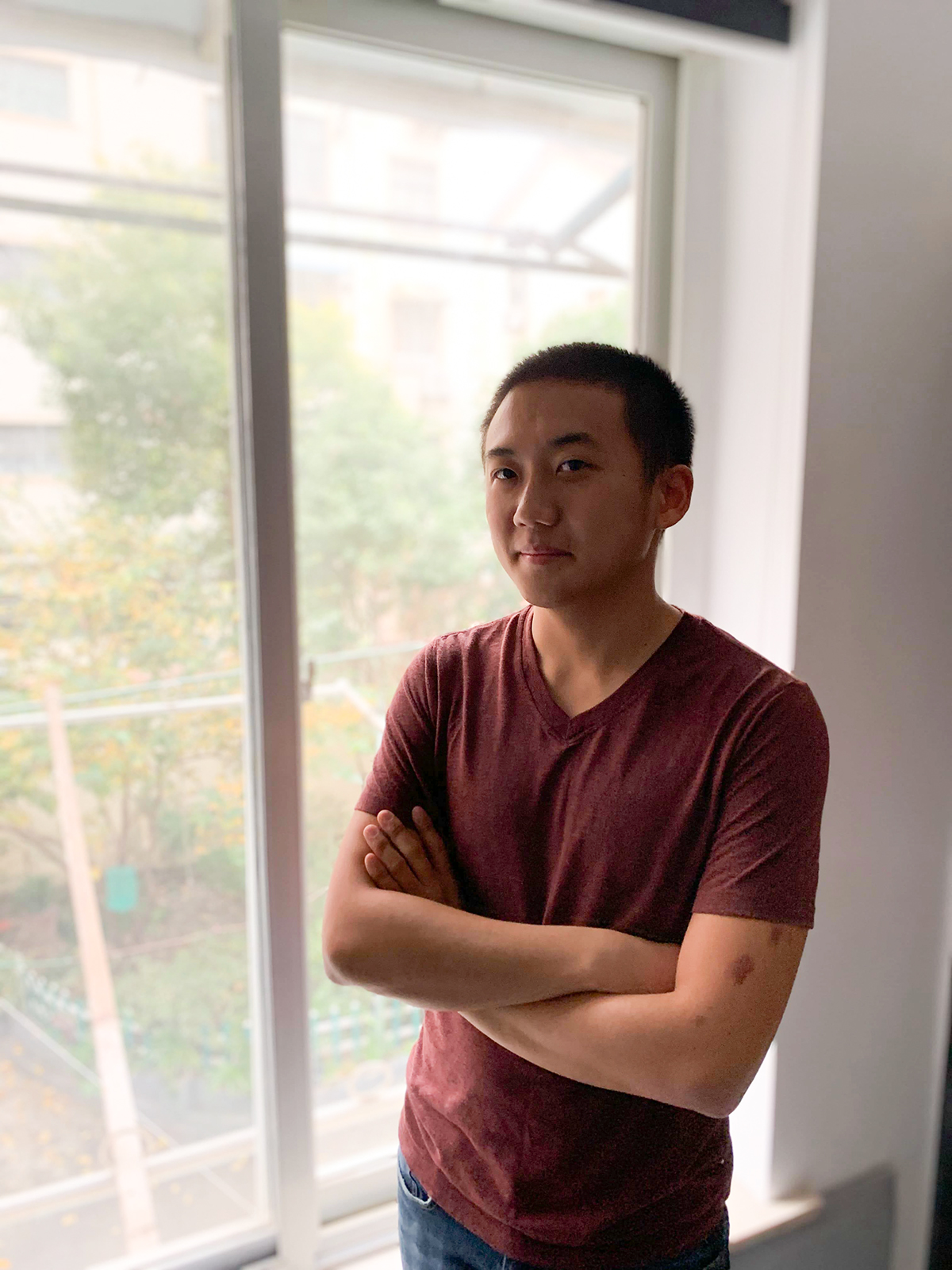Playwright Max Yu becomes first Chinese American to receive Relentless Award

Alumnus Max Yu’s play “Nightwatch” recently won the Relentless Award, making him the first Chinese American awardee. The play explores the lingering effects of China’s Cultural Revolution on different generations of the family. (Courtesy of Max Yu)
By Kaia Sherry
Jan. 7, 2020 11:41 p.m.
Non-Mandarin speakers may have difficulty deciphering the dialogue in “Nightwatch.”
Using Mandarin characters in its dialogue, the play is set against the backdrop of China’s Cultural Revolution. Alumnus Max Yu, who drew from his personal experiences to create “Nightwatch,” said his play explores the dynamics of a Chinese family during the violent communist resurgence of the 1960s. It explores the lingering effects of this movement on different generations in the family, the protagonist being a UCLA student from San Francisco.
Yu’s play recently won the Relentless Award, making him the first Chinese American to receive the award for playwriting. By drawing from real conversations with his family members, Yu said “Nightwatch” follows the aftereffects of the cultural movement on multiple generations, driven by brutal honesty.
“My writing is real, it’s what I feel,” Yu said. “When I hear language, I write it down as how I hear it. I’m not going to lie to the reader.”
The play maintains a sense of authenticity by incorporating untranslated Mandarin into the dialogue, he said. Lorna Ma, who plays Bonnie, said the inclusion of Mandarin reflects the linguistic dissonance that many Chinese Americans feel, as a language barrier often separates family members of different generations. But Ma said non-Asian Americans can also relate to the distance placed between their native tongue and the one being spoken on stage.
“I think, as an audience, if you don’t understand Mandarin you feel the struggle that some Chinese Americans do,” Ma said. “It adds a perspective anyone can experience.”
[Related: Short film to feature realistic representation of Asian American LGBTQ narratives]
Yu said his goal with “Nightwatch” was to break the logic of language, akin to glitches in computer programming languages such as C++ or Python. Every language, including English and programming languages, is guided by a set of rules and syntax, which Yu subverts in his characters’ dialogue.
For his play, Yu said he was primarily interested in what happens when there are mistakes in an established form and something new is created. These breaks in language are used to provoke the emotional cadences of his characters’ dialogue, he said.
“I like it when there’s word vomit, when the words are so bulging that they crawl out of your esophagus and won’t stop,” Yu said. “I’m more interested in words pouring out of people rather than just a simple ‘hello.’”
In one of the play’s poignant scenes, guided by the emotional thrust of Yu’s dialogue, the grandmother recounts a story about her family’s poverty during the Cultural Revolution. She witnesses the drowning of a family member, which drives the play’s emotional core, said alumna Jamie Liu, who has read the play.
“I hope this play and the emotions it inspires will make non-Asian Americans more interested in Asian stories,” Liu said. “It goes against the stereotype that there’s no Asians in the arts and shows our stories are worth telling.”
“Nightwatch,” only one of these stories, is based off of Yu’s grandmother in Nanchong. When he was developing his characters, Yu drew from conversations he had with his grandmother while he lived with her for two months in the factory city, where the play is set. Although the play is not autobiographical, Yu said he incorporated direct quotes and actions from his grandmother as a means of preserving her soul even after she dies.
[Related: Alumnus Kal Penn’s show shines light on the ‘Sunnyside’ of immigrant experiences]
In order to tell a multigenerational tale, “Nightwatch” uses multiple timelines, including one set in San Francisco and one during the Cultural Revolution. Ma said there are parallels between the two timelines that comment on the plasticity of identity, as much of the parental figures’ identities is decided by the government. The struggle for identity in the play, Ma said, is one that audiences can relate to despite the change in time periods.
“Anyone can relate to this play because it deals with identity,” Ma said. “That applies to modern times too, since we’re all trying to find our own meaning in the world.”
Yu said identity is an important aspect of his writing, even beyond “Nightwatch.” After winning $45,000 for the play, Yu said he is considering moving to New York to further pursue his playwriting career. He said the prize money has changed his life drastically and will allow him the freedom to express himself artistically and create work incorporating his experiences as a Chinese American.
“Every single play or work of art is trying to ask a question,” Yu said. “It’s because the artist themselves has such a burning question; has such a burning desire to know something that they have to express it in a wild and creative way.”

